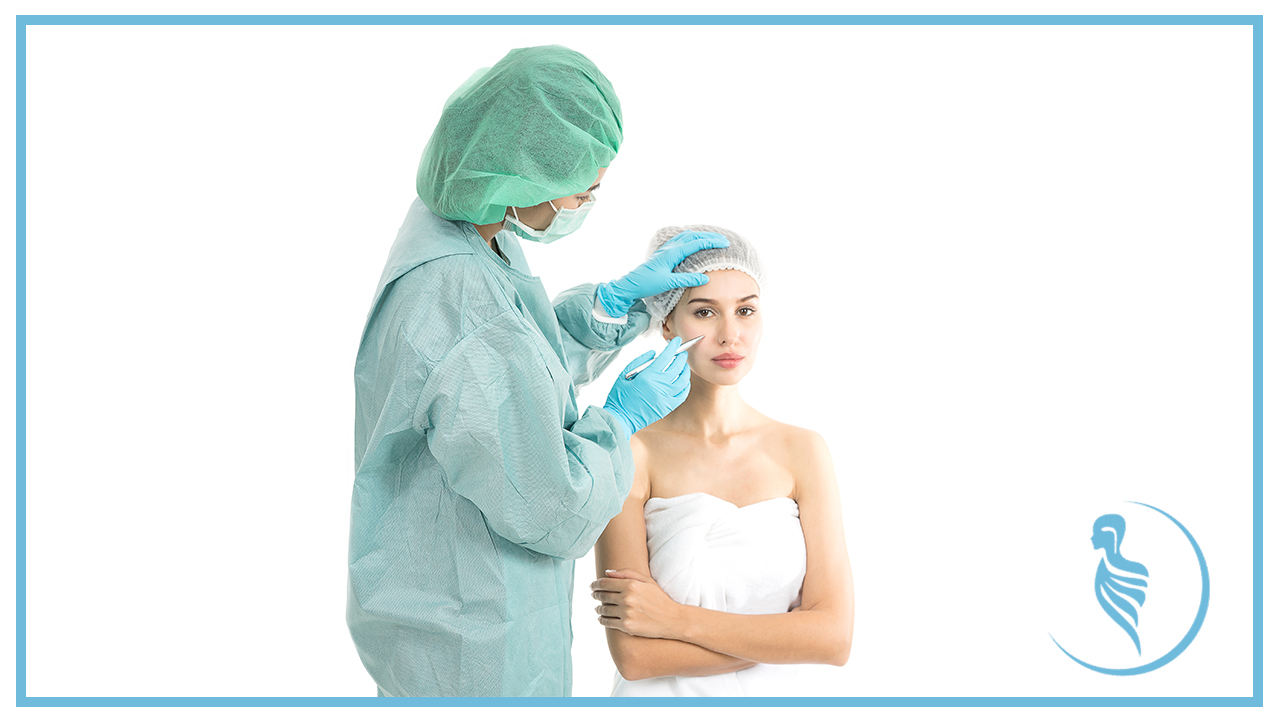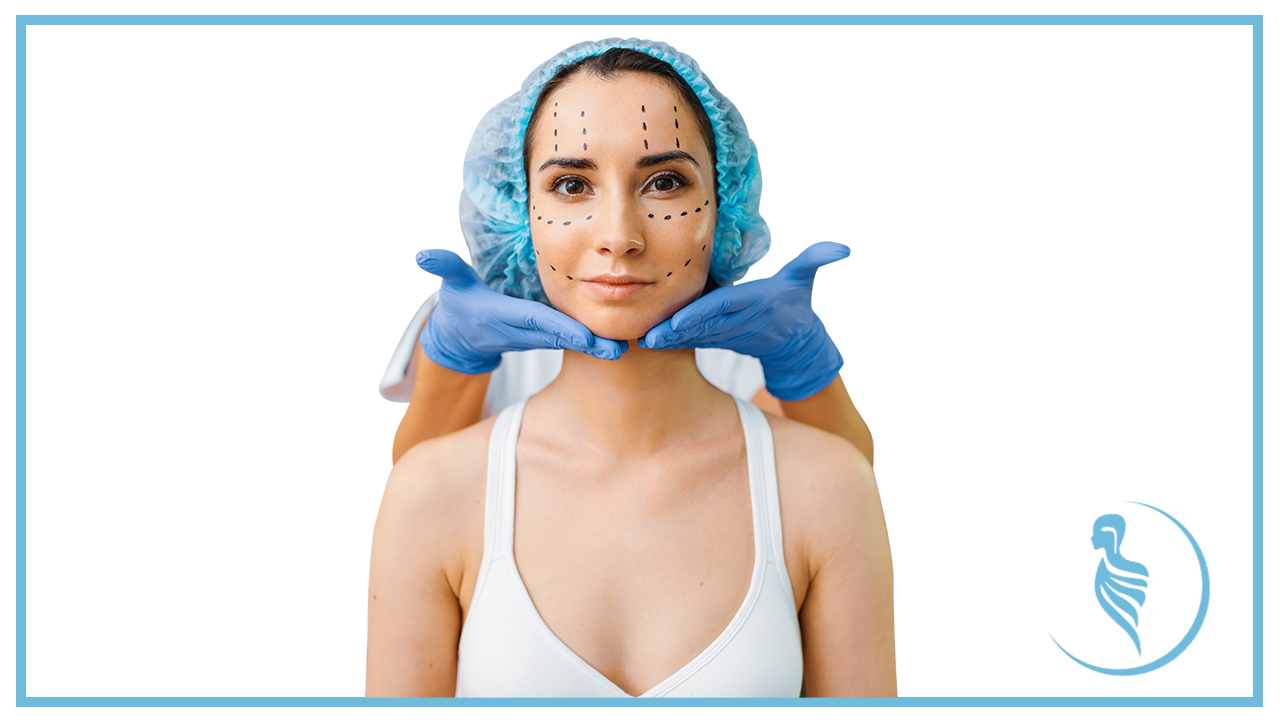
5 Things you shouldn’t do after plastic surgery
After undergoing plastic surgery, it is very common for patients to want to recover quickly in order to return to their daily activities in the shortest possible time. As with any type of surgery, there are recommendations for an effective recovery and to avoid any kind of complication.
Many times this urge to return to normal life makes the patient fall into certain mistakes. In this article you will learn what not to do after plastic surgery to avoid making any kind of mistake.
1. The first thing you must not do after plastic surgery is to self-medicate.
Self-medication is a very common practice, but it can lead to serious health problems. If after plastic surgery, you still feel much pain or swelling decreases too slowly, avoid self-medication and ask your doctor about the medication you should take.
2. Remember not to bathe for the first 24 postoperative hours.
It is important not to shower during the first 24 hours after plastic surgery, since any postoperative incision must be kept dry. Also, be careful to use a sponge to shower for the first few days and gently dry your incision with a towel.
3. Do not remove the stitches by yourself
Remember that the right person to remove any stitches from your post-plastic surgery wound is your doctor, and it will be removed depending on how your recovery process goes. Do not make the mistake of removing them by yourself for, probably, not having time to make an appointment with your doctor.
4. Avoid smoking after your plastic surgery
In case you have the habit of smoking, you should avoid it before the surgery and even after, since nicotine causes the compression of blood vessels and reduces the tissues’ ability to receive the nutrients and oxygen they need for their recovery.
5. Another indication is that you shouldn’t move after surgery.
Rest is necessary during the first days after the plastic surgery, but it is recommended that you gradually start moving and taking short walks, since movement helps to reduce some postoperative discomforts, such as constipation, for example.





